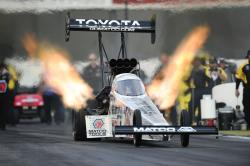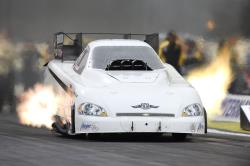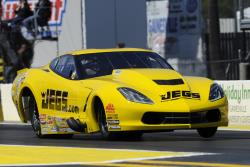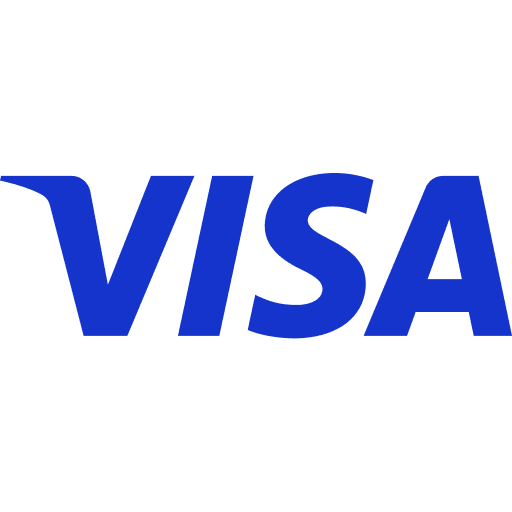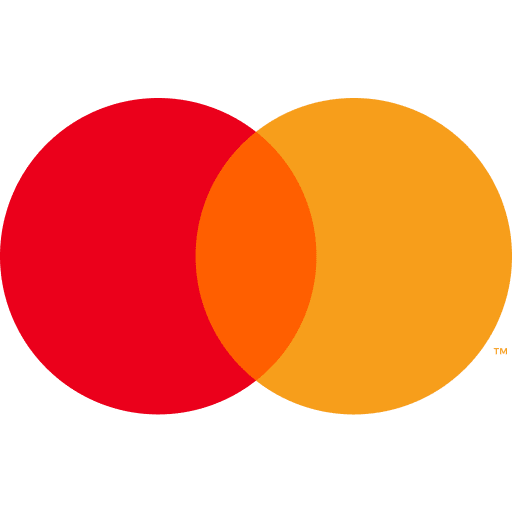NHRA Mello Yello Racing Series Continues to Grow in Popularity in 2017
- 20 sept. 2017
The NHRA Mello Yello Drag Racing Series is a succession of drag races sanctioned by the NHRA and consisting of four professional classes of competition - Top Fuel Dragster, Funny Car, Pro Stock, and Pro Stock Motorcycles. The racing schedule begins in February with races scheduled every week through the middle of November. Cities where events are held include Pomona and Sonoma, California; Phoenix, Arizona; Las Vegas, Nevada; Houston and Dallas, Texas; Charlotte, North Carolina; Atlanta, Georgia; Epping, New Hampshire; Bristol and Norwalk, Ohio; Topeka, Kansas; Englishtown, New Jersey; Chicago, Illinois; Denver, Colorado; Seattle, Washington; Brainerd, Minnesota; Indianapolis, Indiana; Reading, Pennsylvania; and St. Louis, Missouri. The tracks used in the series are members of the NHRA track program, which includes 120 tracks across the country. This ensures that the tracks use NHRA rules for each event as well as include events that are part of the NHRA program including King of the Track, National Dragster Challenge, and Junior Dragster programs. According to Scott Smith of NHRA, tracks can be added to the Member Track network. The Top Fuel Dragster class consists of the fastest racers who run speeds of up to 335-mph (539-km/h). The competitors race to a distance of 1,000-feet in length with runs of 3.64-seconds give or take. Vehicles that race in this category accelerate from a stopped position to 100-mph (160-km/h) in as little as 0.8 seconds and reach speeds greater than 280-mph (450-km/h) in just 660-feet (200-meters). The Funny Car class involves drag racing cars with tilt-up fiberglass or carbon fiber bodies over a custom fabricated chassis and engines placed in front of the driver. Funny cars commonly reflect the production cars being offered during a particular period of time when that car was built. So, in the 1970s, Chevrolet Vega, Plymouth Barracuda, and similar models were represented as funny cars. The Pro Stock Class consists of drag racing vehicles with engines that do not include turbochargers or superchargers or other enhancements including nitrous oxide. The Pro Stock Motorcycle Class includes drag racing motorcycles also known as Pro Stock Bikes. The NHRA-sanctioned Mello Yello Drag Racing Series has 24 events a year across the country. The association works with each individual track to make certain that the race date is accommodating to all parties. Race dates do adjust and change from year to year depending on the demands of the track and what is necessary to satisfy needs. Rules Each category has specific rules. The NHRA has a technical department that is in charge of the rules and they are constantly working with all racers to ensure there is a level playing field and the rules are being followed. Point System Each of the four categories has a season-long point system. The regular season runs from the first event in Pomona until the 18th event held in Indianapolis. After the Indianapolis event, points are reset for the top 10 racers who have qualified for the Countdown to the Championship. All races prior to Indianapolis are scored as follows: • The winner receives 100 points • Runner-up collects 80 points • Third round loser is given 60 points • Second round loser receives 40 points • First round loser garners 20 points All racers who make a qualifying run receive 10 points. Then 20 points are given for each round win. In addition, points can be collected for the best three runs in four qualifying stints. The breakdown of points is as follows: • Low e.t. of each session collects 3 points • Second-quickest gets 2 points • Third-quickest acquires 1 point Breakdown of points also takes into account the position in which a racer qualifies. Thus: • A racer who qualifies in first receives 8 points • A racer who qualifies in second gets 7 points • A racer who qualifies in third garners 6 points • A racer who qualifies in fourth is awarded 5 points • A racer who qualifies in fifth and sixth wins 4 points • A racer who qualifies in seventh and eighth gets 3 points • A racer who qualifies in ninth through 12th receives 2 points • A racer who qualifies in 13th through 16th collects 1 point
In addition, competitors in the Indianapolis event who participate in five qualifying heats earn points. The best run receives 4 points, the second-best run gets 3 points, the third-best run is awarded 2 points and the fourth-best run gets 1 point. This point system also pertains to the World Finals in Pomona. However, there are only four qualifying rounds in that event. The 10 top racers in each class after Indianapolis qualify for the Countdown to the Championship. It is these racers who end up competing for the title. Points are reset for the Countdown in all four classes as follows: • First place wins 2,100 points • Second place receives 2,080 points • Third place is awarded 2,070 points • Fourth place gets 2,060 points • Fifth place garners 2,050 points • Sixth place collects 2,040 points • Seventh place achieves 2,030 points • Eighth place gets 2,020 points • Ninth place receives 2,010 points • 10th place wins 2,000 points The Racers NHRA cultivates relationships with racers who compete in the Mello Yello Racing Series. “We, as the sanctioning body, work with our racers on an ongoing basis to build relationships and to help them achieve success in and out of the car,” said Scott Smith, Director of Media Relations for the NHRA. “We pitch the drivers to publications to gain coverage of not only the sport but also the drivers.” The association promotes drivers who participate in the series as well as the series itself through a number of different mediums including television and radio advertising and taking drivers to television and radio stations for interviews. The NHRA also holds Fan Fest events in which local fans meet the drivers up close and personal. Smith also pointed out that new racers are encouraged to compete. “As the series continues to grow, more people can easily become involved. Many can start at the member tracks and begin to hone their skills and learn the sport,” he said.
K&N has been a major sponsor for the NHRA Mello Yello Drag Racing Series for several years. “K&N has long been a staunch supporter of NHRA drag racing and the racers in many varied categories through their involvement with the sport,” said Brad Gerber, NHRA Vice President and Chief Development Officer. “Their current involvement with the K&N Horsepower Challenge held annually at Las Vegas Motor Speedway is the ultimate bragging rights for Pro Stock and is one of the most anticipated specialty events during the year,” he concluded. | |||
| | |||
| |||
| | |||

